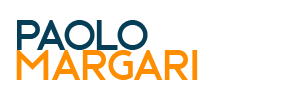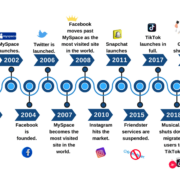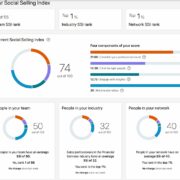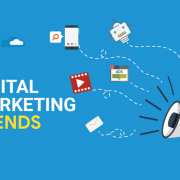How to increase Facebook organic reach: content and audiences are two key factors

#Facebook Organic Reach is still alive if content is interesting.
IS FACEBOOK ORGANIC REACH DEAD? Interesting insights by Kimanzi Constable in his post “5 Reasons Why Social-Media Marketing is Overrated“. However, I don’t take for granted his first assumption telling that “Organic reach is pretty close to zero” because evidence can show something different (see above screenshot). For example, I could still reach more than 20% through organic, in October 2014, way more than the 2.71% declared in the article.
SWITCHING TO PAID CONTENT – It is true that Facebook organic reach has been decreasing year after year, in parallel with the growing Facebook Ads market – Twitter to follow very soon – but organic reach can still have a relevant impact regarding engagement and conversions if wisely managed.
DON’T FORGET THE LONG TAIL – It is good to monitor content performance periodically but not constantly because the long tail should always be taken into account: posts’ reach is not always skewed. A good exercise is to identify and classify by topic and type the top performers, rather than posting like a machine. We are dealing with humans after all and our prospective customers don’t want to be overwhelmed with content that is not bringing them any real opportunity, inspiration or value in general. Patronising users’ expectations is still a good way to gain support, but apparently Facebook knows that such content is not valuable, but only aimed at generating a soft engagement (e.g. Likes) by confirming a point of view biassed in a particular custom audience.
CONTENT RULES – If you post too much content the average page engagement rate will decrease, also penalising good posts. Same if you target the wrong audience, therefore your activity has to be very focused or, if exploring new target audiences, modified. To reach new users, build your audience with paid content first, then play with free content later. Paid content has better targeting features than organic; you might guess why… Think of good content, use words and images that catch your target audience attention or inspire them, add relevant #tags if needed and make your post length short (try to be under 90 characters). This way you can quickly increase your organic reach.
INSPIRE YOUR (VERY WELL TARGETED) AUDIENCE – Post content reminding about opportunities like competitions, free resources or local free events, using strictly geo-targeted audiences and city tags (sometimes adding photo of the most recognisable places): it will show a higher engagement rate and, in many cases also higher conversion rate when talking about business and the whole page will benefit, also gaining new likes for free. Sometimes users spread the work simply by tagging their friends in a comment on a post telling about exciting opportunities. Empower your current users by giving them the chance to spread the word of what you are offering them: they will be glad to contribute to your success.
QUALITY FIRST OF ALL – These facts lead to the conclusion that Facebook tends to boost the organic reach when the content sounds interesting/attractive/inspiring for its users, despite it has not been paid. Always ask the magic question: what’s in it for me?
TAG TO TRACK – Last but not least, in particular if you have an e-commerce or a site where you try to lead #social media users: do not forget to add URL parameters when linking to your site or you won’t be able to track your social media content ROI on #Google Analytics. Use standardised and meaningful tags for campaign, source, medium and, to go deeper, also content and, when moving from organic to paid, just update them through tools like the PowerEditor to measure differences in performance for the same content.








Great article Paolo. The bottom line is that effective content will produce decent reach unless Facebook runs it completely into the ground. Effective content = likes/shares/engagement = reach. The focus is on content as it should be in a perfect marketplace that is now Facebook. I think this article sums it up perfectly in that, even among equally capable competitors, one will emerge as the content and engagement leader and benefit the most from it: http://socialdistinct.com/blog/
Thanks, James. In fact Facebook have to provide genuine content to its users, paid content tend to be biased by its promotional nature therefore good publishers can get the biggest organic share.
I would like to add a point: if a page is managed by many different authors, bad posters might end up in penalising good posters therefore a good plan in terms of time/content/audiences is a fundamental step to avoid random items ending up in being a burden.